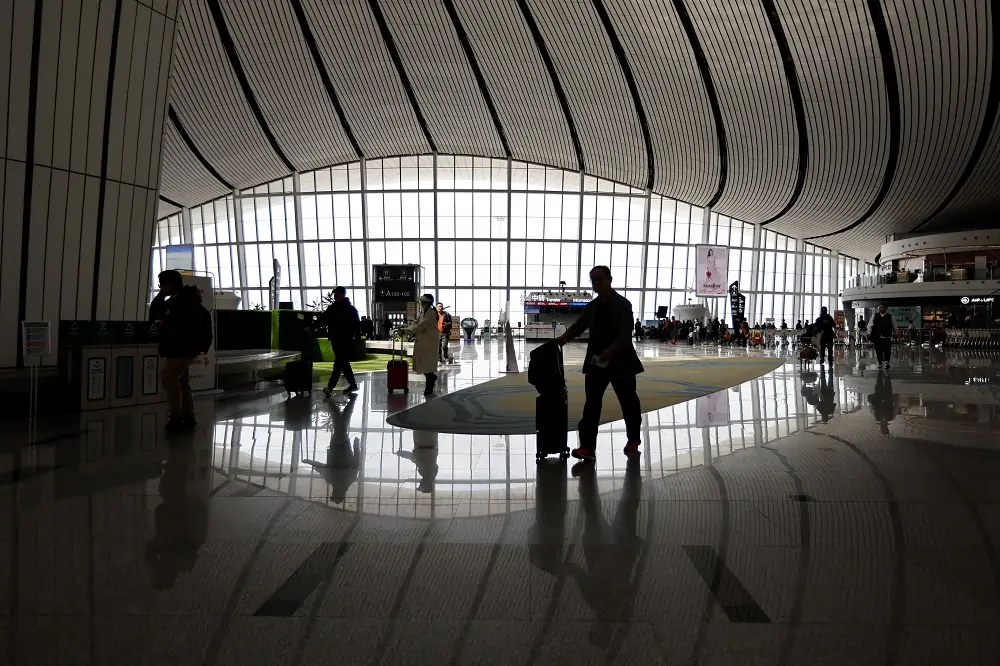
BEIJING (Reuters) -China will temporarily exempt citizens of France, Germany, Italy, the Netherlands, Spain and Malaysia from needing visas to visit the world’s second-largest economy in a bid to give a boost to post-pandemic tourism.
From Dec. 1 to Nov. 30 next year, citizens of those countries entering China for business, tourism, visiting relatives and friends, or transiting for no more than 15 days, will not need a visa, a foreign ministry spokesperson said on Friday.
China has been taking steps in recent months – including restoring international flight routes – to revive its tourism sector following three years of strict COVID-19 measures that largely shut its borders to the outside world.
The government is also looking to re-establish its image around the world after clashing with many Western countries on various issues including COVID, human rights, Taiwan and trade.
A recent Pew Research Center survey in 24 countries revealed that views of China were broadly negative, with 67% of adults expressing unfavourable views.
More than half of the respondents said China interfered in the affairs of other countries and did not take into account the interests of others.
“This decision will facilitate travel to China for many German citizens to an unprecedented extent,” Germany’s ambassador to China, Patricia Flor, said on the social media platform X, formerly known as Twitter.
“We hope that the Chinese government will implement the measures announced today for all EU member states,” she said.
Visa-free travel to Germany for Chinese nationals would only be possible if all members of the European Schengen Agreement approved, she said.
French Foreign Minister Catherine Colonna, who is in Beijing, wrote on X: “An excellent new announcement on the occasion of my visit from my counterpart Wang Yi!”
This month, China expanded its visa-free transit policy to 54 countries to include citizens of Norway.
In August, China scrapped all COVID test requirements for inbound travellers. It resumed 15-day visa-free entry for citizens of Singapore and Brunei in July.
International flights in and out the country, while recovering more slowly than services on the domestic network, have been picking up.
China’s aviation authority said in October that 16,680 weekly flights were expected from November through March, with passenger flights expected to reach 71% of the total four years ago.
The European Chamber of Commerce in China also said the move would help boost business confidence. “It is a positive that the authorities are taking steps to facilitate people-to-people exchanges,” it added.
(Reporting by Joe Cash, Ethan Wang and Ryan Woo; Editing by Christopher Cushing and Kim Coghill and Miral Fahmy)


